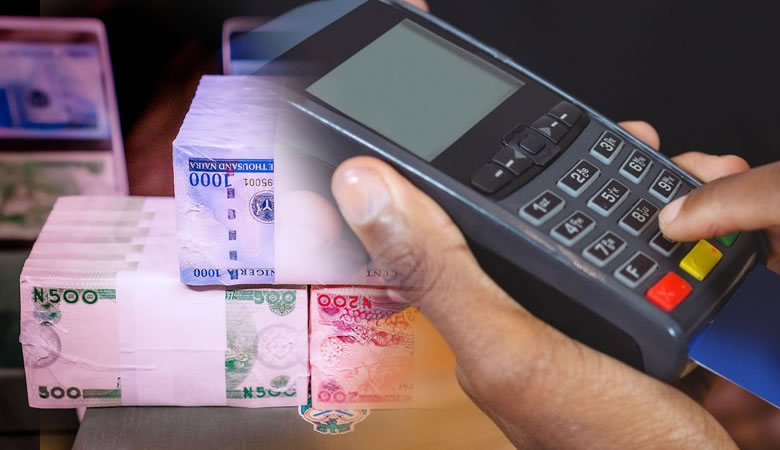In the last decade, Nigeria has witnessed a transformative shift in the way financial transactions are conducted. At the heart of this change is the Point of Sale (POS) system a tool once confined to retail shops, now turned into a cornerstone of everyday banking in both urban and rural communities.
From street corners to local markets, POS agents have filled the gap left by the inadequacies of Nigeria’s traditional banking infrastructure. But like every coin, this revolution has two sides.
Financial Access for the Many
Perhaps the most commendable benefit of the POS system is financial inclusion. In a country where thousands of communities still lack physical bank branches or ATMs, POS agents have become informal bankers, providing services ranging from cash withdrawals and deposits to utility payments and airtime purchases. This has particularly benefited rural dwellers and the urban poor, many of whom were previously excluded from the formal financial system.
POS systems have also reduced pressure on banks and ATMs, especially in high-density areas where long queues once defined the banking experience. During crises such as the naira redesign and cash scarcity episodes, POS operators became lifelines for cash-strapped citizens.
The system has created employment opportunities too. Many young Nigerians, faced with rising unemployment, have turned to POS business as a viable source of income. With relatively low start-up costs and minimal technical skills required, it’s a rare example of a low-barrier entry point into entrepreneurship.
A Changing Financial Culture
This proliferation of POS systems has also reshaped how Nigerians perceive and interact with money. It has nudged a largely cash-based society toward digital awareness, subtly building a culture of convenience and trust in technology. As people become more comfortable using digital channels, it sets the stage for broader acceptance of fintech innovations.
Furthermore, the informal nature of POS banking has empowered communities to create their own financial ecosystems, independent of formal institutions. Markets and neighborhoods now function like mini-banking hubs a truly grassroots financial model.
When Innovation Outpaces Regulation
However, these gains are not without cost. The rapid expansion of POS agents has brought with it a new wave of fraud, scams, and security risks. Poorly trained or unscrupulous agents, fake machines, and cloned cards have turned what was supposed to be a solution into a breeding ground for financial exploitation.
Another major issue is overcharging. With minimal regulation and desperate demand especially during times of cash scarcity some POS agents have taken advantage of customers by inflating transaction fees. What was once a convenient alternative is, for many, becoming an expensive necessity.
Also, the technical reliability of POS networks remains questionable. Frequent service interruptions due to poor internet connectivity, machine failures, and bank network downtimes frustrate both agents and customers, highlighting the infrastructural gaps in Nigeria’s digital banking framework.
Lastly, cash dependency remains strong. While POS provides easier access to cash, it may have inadvertently slowed the push toward a truly cashless economy. People are withdrawing more often instead of transacting digitally, which defeats the broader vision of Nigeria’s digital finance future.
A Delicate Balancing Act
The POS system has undoubtedly become an essential pillar of Nigeria’s evolving banking landscape. Its advantages increased access, job creation, and convenience cannot be overlooked. Yet, its current model poses risks that demand urgent attention.
The Central Bank of Nigeria (CBN) and other regulators must now strike a balance between encouraging growth and enforcing standards. Stronger regulation, agent training, consumer education, and investment in digital infrastructure are all crucial steps.
Nigeria must not allow a powerful tool of inclusion to become a source of exploitation. The POS revolution is far from over but whether it remains a force for good depends on what we do next.



